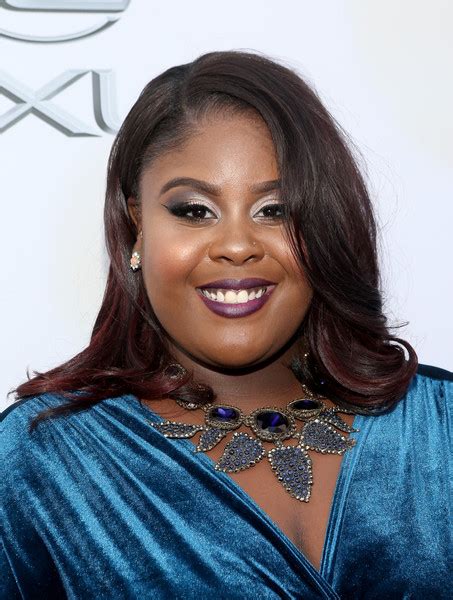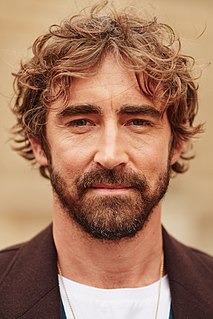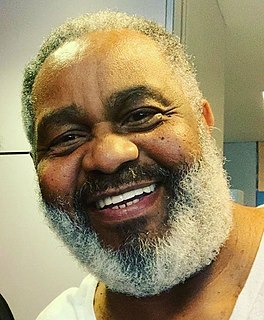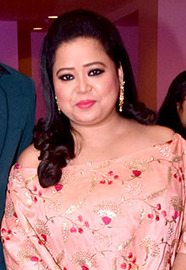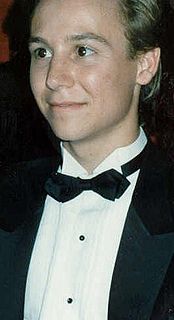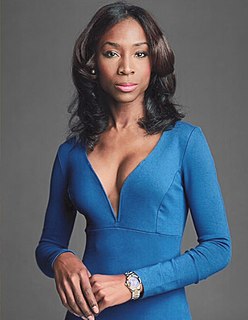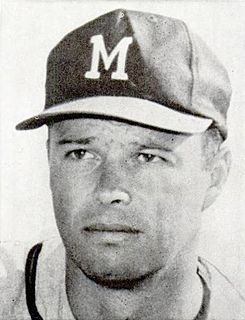A Quote by Raven Goodwin
My mother and father definitely encouraged me. People used to tell my mom that I should be in commercials, and then everything kicked off from there, and my first gig was some print work.
Quote Topics
Related Quotes
My mother, a teacher, encouraged me to use my creativity as an actual way to make a living, and my father, a Mississippi physician, did two things. First, he taught me that all human beings should be treated equally because no one is better than anyone else, and he never pressured me to become a doctor.
In the old days gigging was everything. The whole of life was about gigs. Everything was about waiting for the gig and then doing the gig and going nuts and then afterwards the party and all the stuff that goes with it. And then that party continues through your twenties and thirties. I'm now 51, and it's still very much in my blood, but I'm really hard pushed... the gig is the party for me now.
I still remember how my father used to wake me up at 4 A.M. and make me study. He also used to take me for a walk and then always dropped me to school. I was very disciplined, as my father inculcated those values in me. Now that my father is no more, I understand that you should not take your parents for granted.
I always thought that digital first was a simplistic notion, and I am not even sure quite what it means. It should be stories first. Let's take the Paris story: the New York Times covered it all day, we held nothing back. Everything we learned, we published online. Then, when you approach your print deadline, you have to do two things. You have to polish those stories that are online because print is less forgiving of mistakes. Secondly, in an ideal world, you pick one thing that will feel fresh and compelling to people in the morning when they pick up the print paper.
